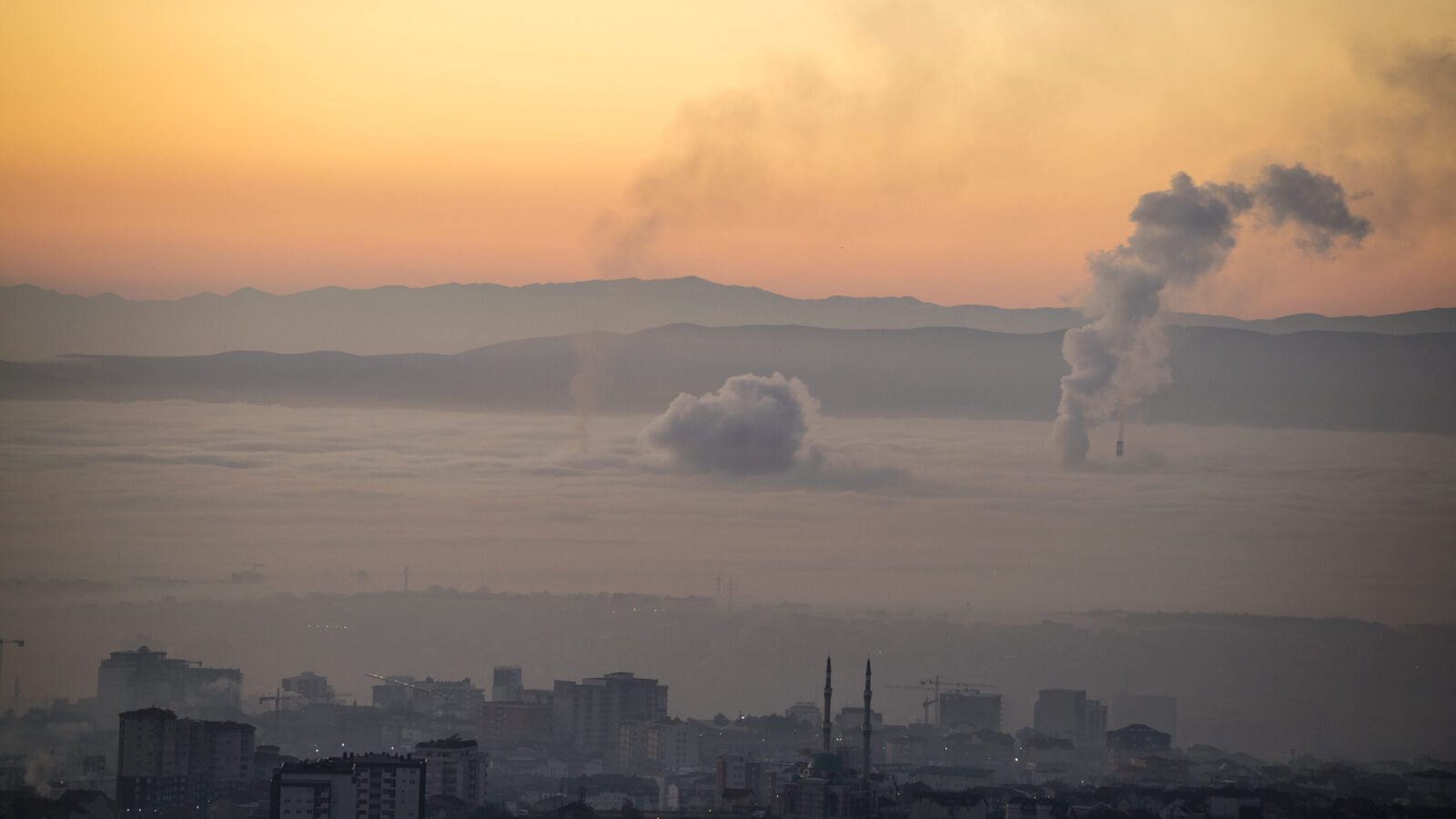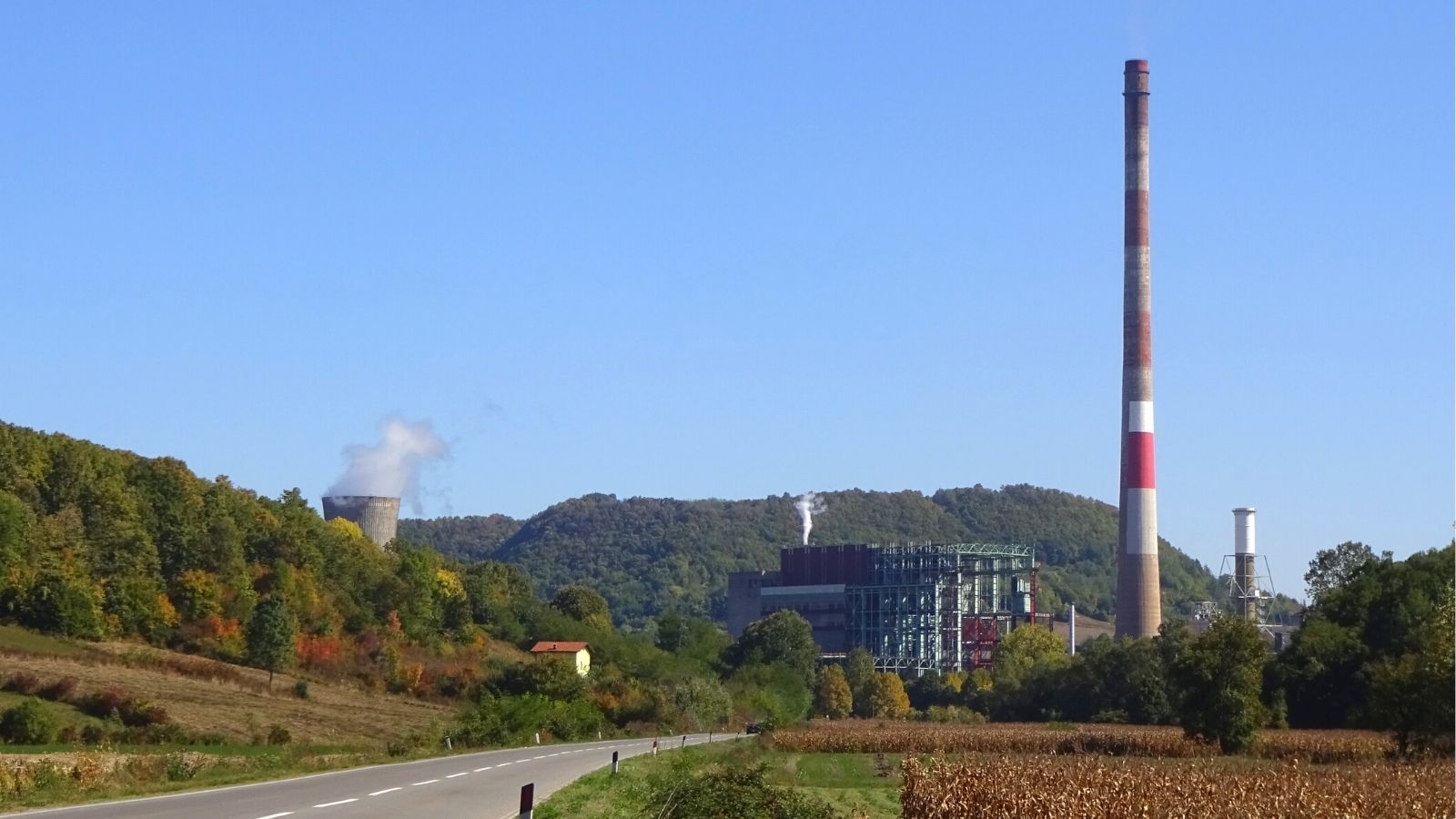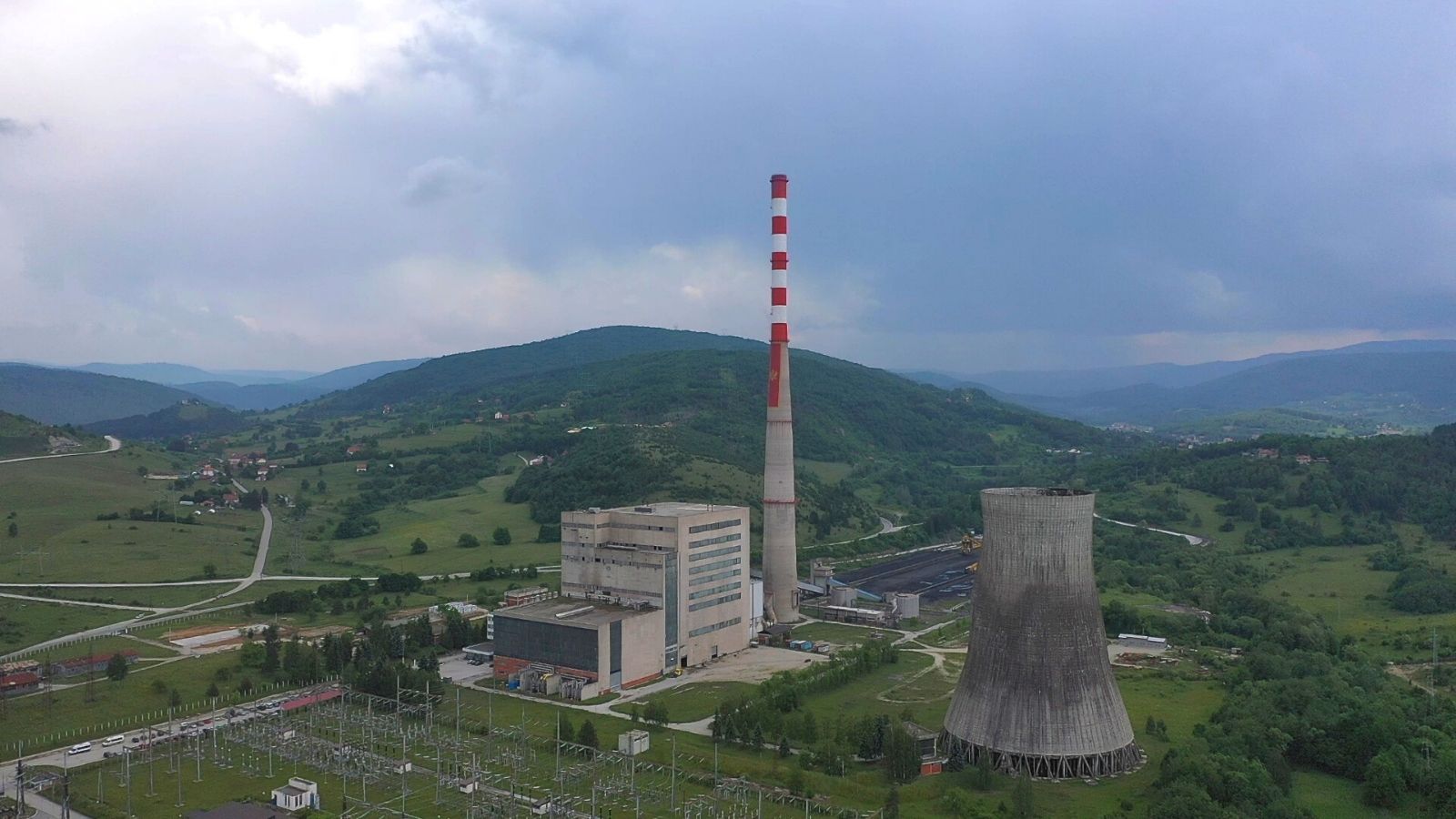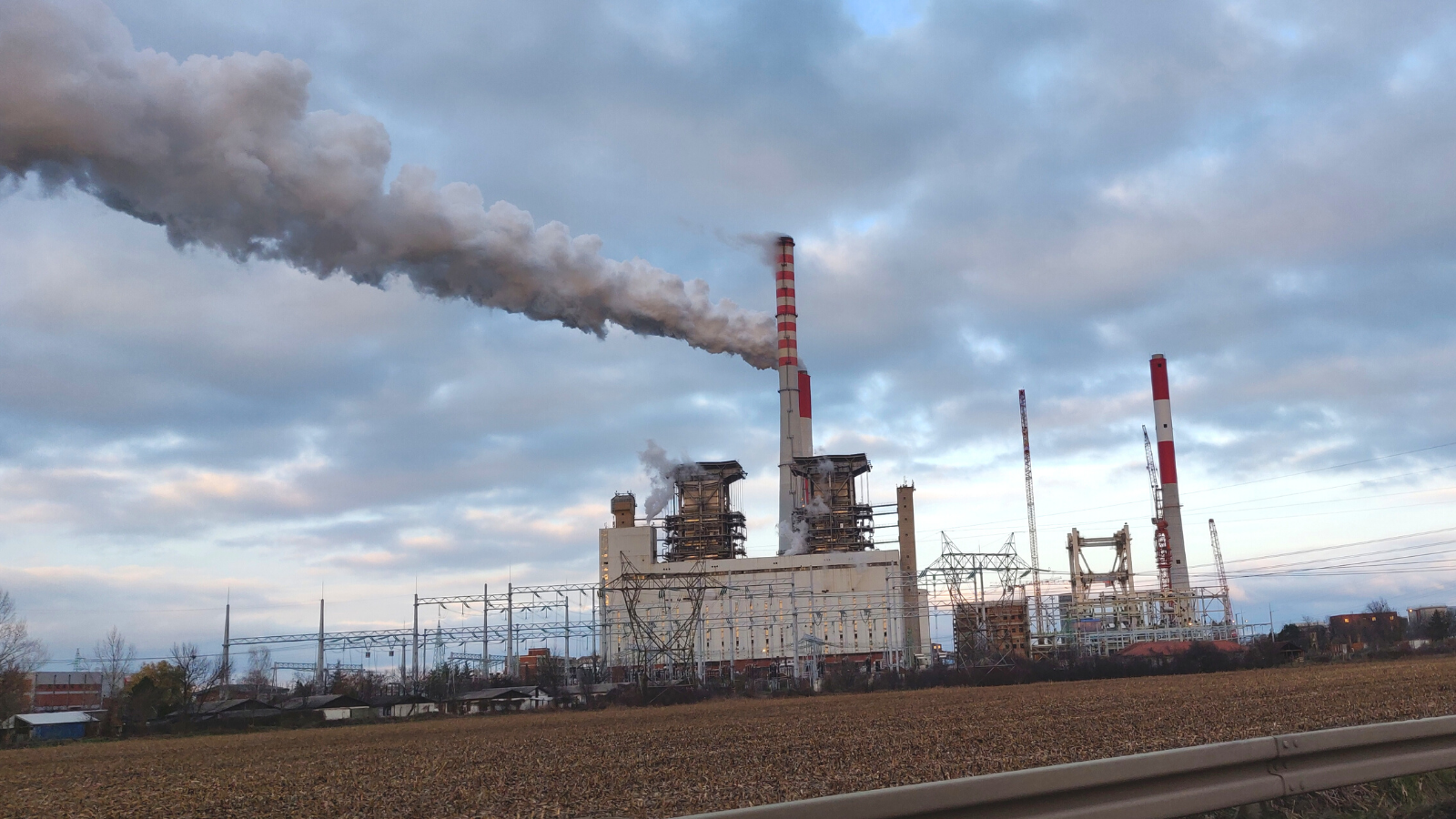Fossil fuels are fast losing their social license. It is becoming increasingly evident that countries’ continued reliance on dirty hydrocarbons escalates the climate crisis, worsens air pollution and enables war.
Long touted as a ‘bridge fuel,’ fossil gas now needs to be recognised by policymakers for the hurdle to the energy transition that it is, and multilateral development banks should urgently end support for gas projects and gas-dependent companies.
The energy transition has to be just and fast, with citizens, municipalities and workers as critical participants in the process. We are working to ensure no more public money is spent on coal, and public finance is used to accelerate this transition.
Stay informed
We provide updates in English from the Balkans and other coal regions.
IN FOCUS
Fossil gas
Fossil gas is the new coal. Although often labelled ‘natural,’ fossil gas is a major driver of the climate crisis. There is no more room for new investments in fossil gas projects if we are to avert the worst impacts of the climate crisis and set a path towards decarbonisation.
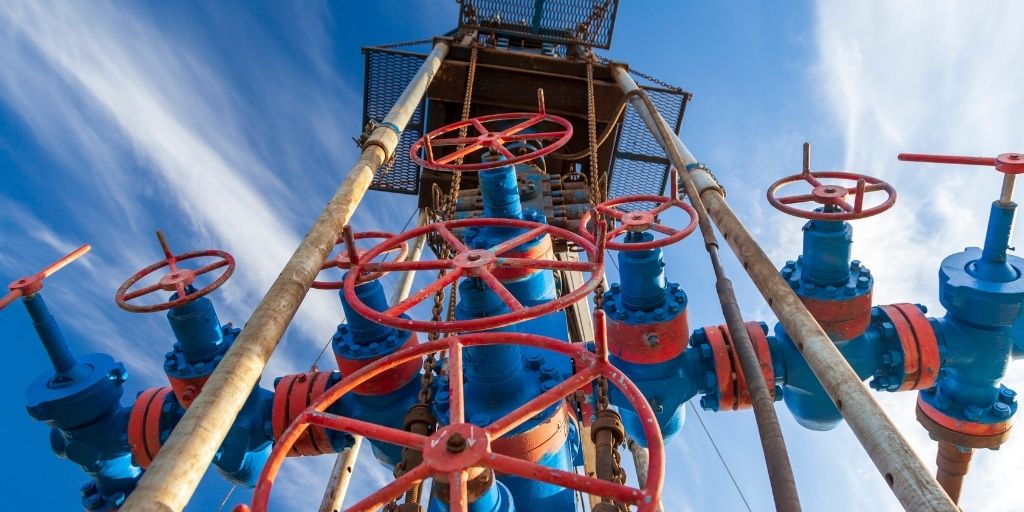
District heating
District heating and individual heating are still dominated by fossil fuels and inefficient burning of wood without regard to sustainability criteria, in combination with a low degree of energy efficiency. This has to change, since heating plays a crucial role in the transition into a clean and zero-carbon economy.
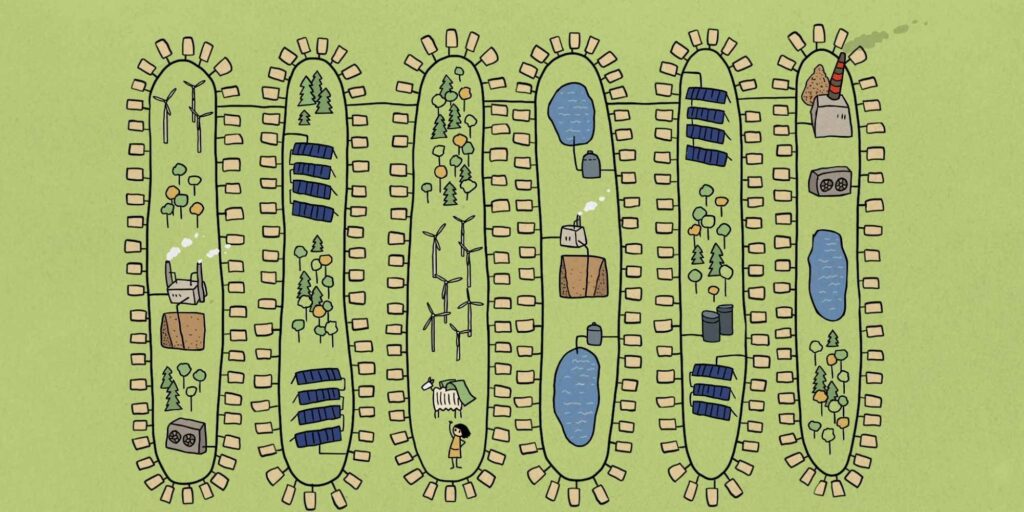
Just transition
No one should be left behind when we reconstruct our world into one driven by clean energy. Working on just transition brings all actors who believe in fair regional redevelopment to the same table: unions, industry, public administration, governments, civil society and others sharing this goal.

Documentary: Turning the Tide
Our documentary exposes, for the first time, the extent of financial support four of the world’s leading multilateral development banks (MDBs) – the World Bank, the European Investment Bank, the Asian Development Bank and the European Bank for Reconstruction and Development – have been providing to the global fossil fuels industry over the past 13 years.
Our analysis shows that since 2008, the oil, coal and gas business has been enjoying no less than EUR 81.5 billion in support from these government-owned financial institutions in the form of loans, grants, credit lines and guarantees.
Coal projects
Ugljevik power plant, Bosnia and Herzegovina
Commissioned in 1985, the 300 MW coal power plant in Ugljevik, Bosnia and Herzegovina, has become famous for emitting more sulphur dioxide than all of Germany’s coal power plants in 2019.
Pljevlja I power plant, Montenegro
The existing 225 MW Pljevlja thermal power plant in the north of Montenegro, near the borders with Serbia and Bosnia-Herzegovina, has been operating since 1982. The plant was originally planned to comprise two units but the second one was never built. The plant, along with the extensive use of coal and wood for heating, has caused unbearably bad air quality in the town.
Kostolac B power plant (B1, B2), Serbia
The Kostolac B power plant, consisting of 2 units of 350 MW each, first entered into operation in 1987. In 2022, the plant delivered 4388 GWh of electricity to the grid, nearly 20 per cent of the country’s coal-based generation.
Latest news
Members of European Parliament call on EIB not to finance Slovene lignite power plant
Blog entry | 31 January, 2013In an unambiguous letter Members of the European Parliament have reminded the European Investment Bank of the economic and environmental risks that the Šoštanj lignite power plant project poses for Europe and Slovenia.
Read moreKolubara “mired in crime and corruption”
Blog entry | 30 January, 2013Those were the words of Serbian Energy Minister Zorana Mihajlović, speaking last week in a press conference during which she announced that a thorough investigation is ongoing into corrupt practices by the management of the Kolubara mining complex.
Read moreOff on the wrong foot in Kosovo? A lignite power plant and the EBRD
Blog entry | 25 January, 2013Notwithstanding the dominance of lignite in Kosovo’s energy mix, the European Bank for Reconstruction and Development may get involved with yet another lignite project in the Western Balkans.
Read moreRelated publications
Cleaning up District Heating: Best technologies and real-life examples
Brochure | 18 April, 2024 | Download PDFIntended for practitioners, policymakers, civil society and the energy sector, this brochure reviews various public financing options that can help enable the transition to clean district heating.
The Modernisation Fund: An open door for fossil gas in Romania
Report | 26 March, 2024 | Download PDFThe Modernisation Fund is supposed to channel revenues from the EU’s carbon market into the energy transition in central and eastern Europe. But it’s actually being used to further deepen the region’s dependence on fossil gas.
The great energy trap: An evaluation of the economic viability of replacing coal with gas in large power plants in Bulgaria
Report | 14 March, 2024 | Download PDFThis report analyses several scenarios for replacing the existing coal capacity at Maritsa East and Bobov Dol with new gas-fired units. It looks at the implications of these projects becoming financially viable, including the investments required, possible state aid, and the electricity costs for households.
